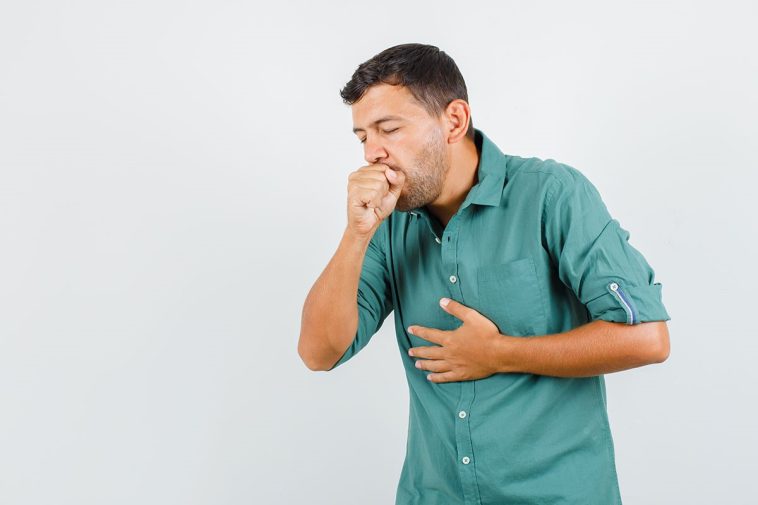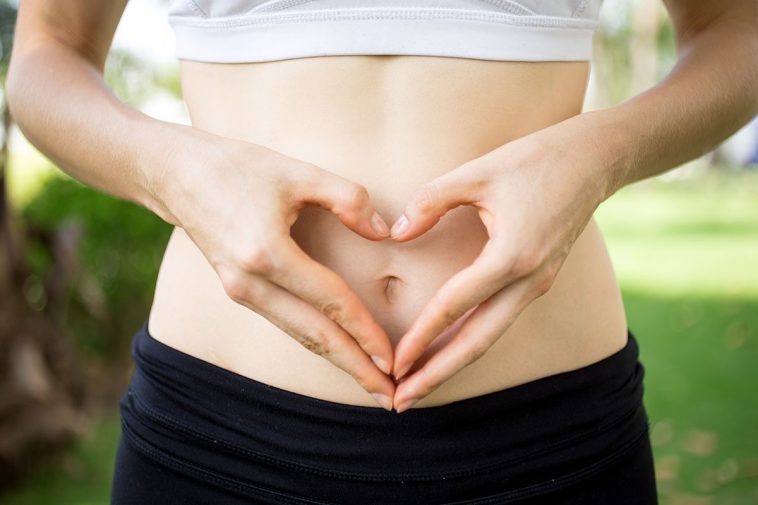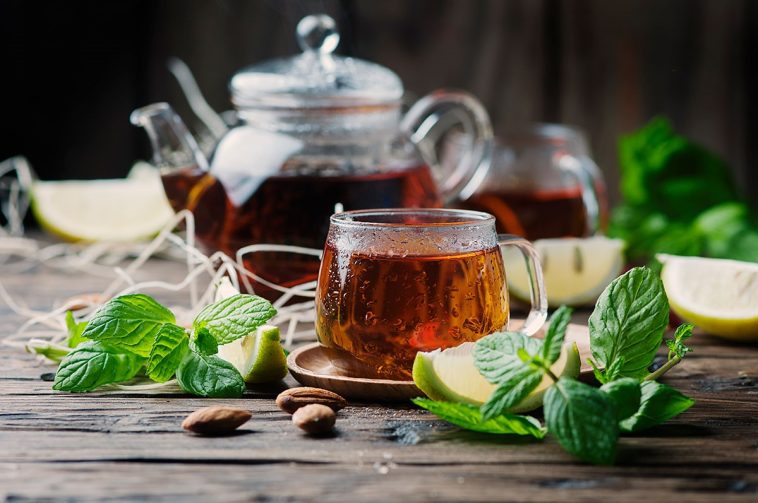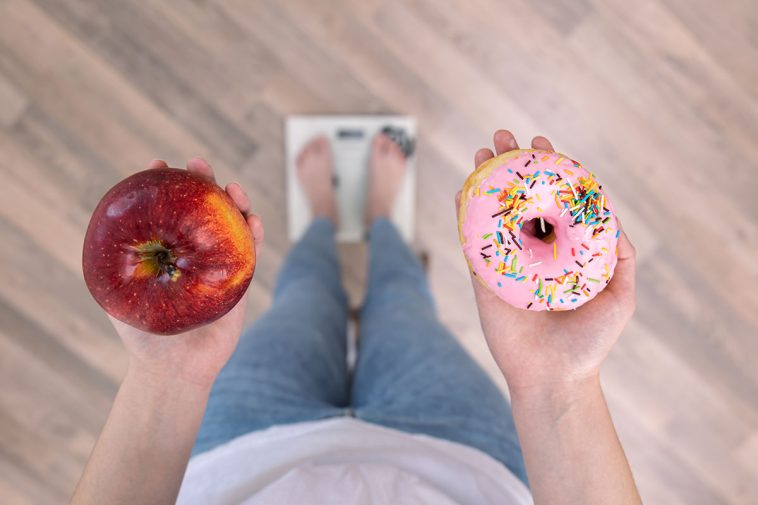- 102shares
As a parent, you may think that giving your child an iPhone or tablet is the best way to keep them entertained. But this isn’t necessarily true.
A new study published in Ophthalmology, the journal of the American Academy of Ophthalmology, has found that too much screen time can cause irreversible vision damage.
The study analyzed data from 1,958 children aged 7-12 and found that a whopping 27% developed myopia – the medical term for nearsightedness – between 2010 and 2013.
And the stats only get worse.
In the 1950s, myopia was largely unheard of in China. The London Vision clinic reports that only 10-20% of the population was shortsighted back then. These days, more than 90% of Chinese teenagers and young adults are myopic.
What’s even more troubling is that TV health issues aren’t limited to eye problems.
A recent study conducted by Harvard Health Publishing found that about one-third of American adults who watched more than four hours of TV a day had a 49% higher risk of heart attack than those who watched fewer than two hours.
All of these stats are scary, but the message is loud and clear: It’s time to limit screen time for you and your kids.
To keep myopia and other conditions at bay, you might want to adopt the following habits:
1. Set a Timer
A timer can help you keep track of the amount of time spent on TV or mobile devices.
For best results, set a timer for every 20 minutes or so, and when it goes off, take a break and move around.
You can also download a time tracker app to monitor how much time you spend on different apps.
2. Take Breaks Between Chapters
It’s easy to spend hours reading eBooks, especially because you don’t have to keep turning the pages, but reading in small chunks allows your eyes and brain a few seconds of rest.
This should be done especially if you’re using a device like Kindle or iPad that emits a blue light which may cause eye strain.
You can even alternate between eBooks and real books.
3. Your Posture Matters
Studies have established a link between slouching/slumping and myopia. In addition, bad posture can lead to fatigue, back pain, and headaches.
To ensure you’re adopting the right posture:
- Always sit up straight without your shoulders hunched or rounded.
- Your knees should always be level with your hips.
- Find a chair you can sit back in and support your spine.
- The screen should be at eye level to avoid bending your neck forward or backward.
4. Adjust the Brightness on Your Screen
Your eyes are important in almost every aspect of your life, and a screen that’s too bright is their number one enemy. Prolonged exposure to bright light may lead to myopia.
The lower the brightness level, the better.
5. Your Device Shouldn’t Be Too Close to Your Face
The way you hold your device is also important.
Make sure you’re not holding it too close to your face. Ideally, there should be at least a 20-inch gap between the screen and your eyes.
6. Avoid Direct Sunlight
Although working outside comes with physical and physiological benefits, prolonged exposure to the sun can cause blurred vision.
As such, be sure to avoid brightly lit areas. If you can’t, a good pair of sunglasses can help.
7. Create a Distraction
A distraction can be a good way to get your child to move away from the screen. Try getting them interested in another activity, like playing a game or reading a book.
8. Establish a Set Screen Time for Each Day
As a parent, you should establish certain “house rules” regarding TV and mobile devices. Make sure your child knows when it’s okay to watch TV or spend time on the computer and when it isn’t.
9. Spend More Time Outdoors
Although research isn’t conclusive, spending more time outdoors can delay the onset of myopia and other vision problems.
10. Put All Devices Away From Your Kid’s Bedroom
Make sure that all devices are out of reach of children when it’s time to sleep. This way, your kids won’t spend hours playing games before they go to bed.
,










